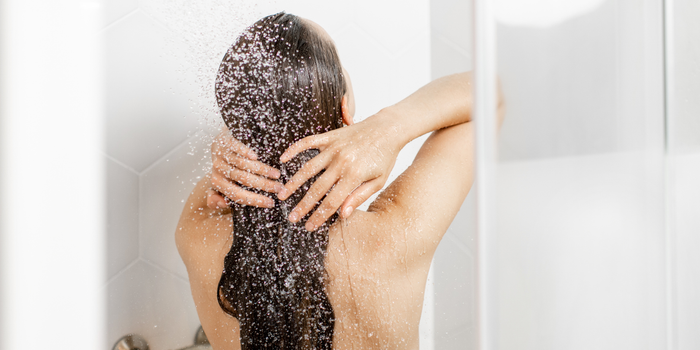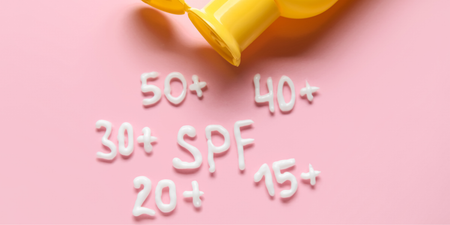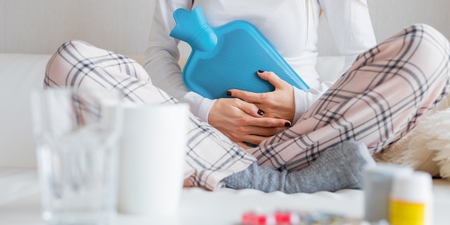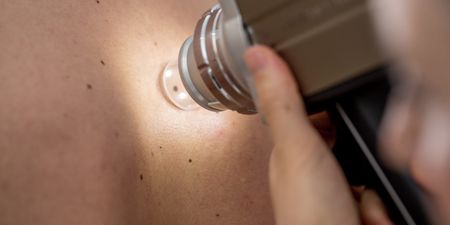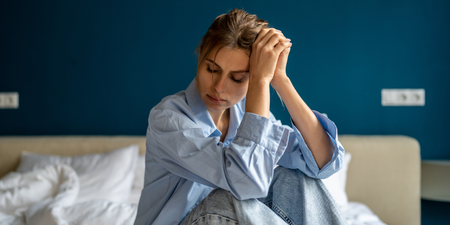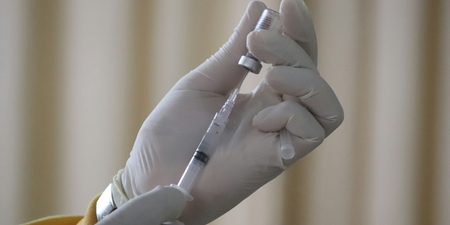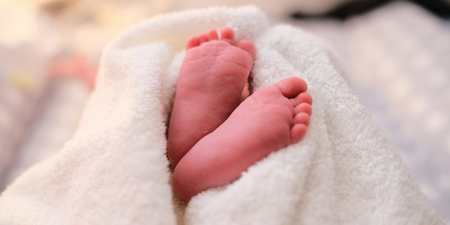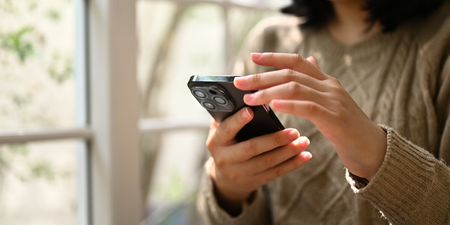There are two groups of people; those who pee in the shower and those who are horrified by the idea
People who pee in the shower are either unashamed of their actions or enjoy their little ritual in secret — we won’t judge you either way.
While it’s none of anyone else’s business what goes on behind closed shower curtains, those who are inclined to urinate while showering may want to read this.
One doctor has taken to TikTok to ward us all off weeing while we shower and explained why women, in particular, should try their best to avoid doing so.
“You need to stop peeing in the shower,” urogynecologist Dr Teresa Irwin said.
“Now I’ve mentioned in the past that is a correct standing position, that is correct peeing position but that’s just for emptying the bladder.”
However, Dr Irwin says toilet breaks should be avoided in the shower is as much psychological as it is physical.
The doctor likens shower peeing to Ivan Pavlov’s experiment with dogs where the scientist discovered the phenomenon of classical conditioning.
“You don’t want to do it all the time because what happens it’s kind of like the Pavlov’s dog training, where every time they heard a little bell ringing, they would start salivating,” Dr Irwin explains.
“And your bladder, every time it hears running water is going to want to pee.
“So, whenever you’re washing your hands, washing the dishes, your bladder is going to be salivating so to speak because it wants to go and pee.”
@dr.teresa.irwin I said what I said! Unless you're struggling with total bladder emptying you need to hear this #bladdertips #pft #obgyn ♬ Pieces (Solo Piano Version) – Danilo Stankovic
While it’s not exactly a health hazard if one is having the occasional wee in the shower, Heathline writes that contrary to popular belief, urine is not sterile.
Dozens of different types of bacteria are found in urine, including Staphylococcus and Streptococcus, which are associated with staph infections and strep throat, respectively.
Despite the bacteria count being relatively low in healthy urine, it can be higher if a person has a urinary tract infection (UTI).
Still, it’s improbable that one’s own urine would cause an infection, even if bacteria were to trickle down and make its way into a cut or wound on their legs or feet.
Furthermore, pretty much everyone has likely showered away substances far less sterile than wee when showering.
Although, it may still be a little unnerving for family members or housemates to learn of, and for the health and sake of others, public showers should not double up as a toilet.
It’s also been linked to the weakening of pelvic floor muscles (bladder, intestines, rectum, and urethra), particularly for women (whose pelvic floor muscles include the cervix, uterus, and vagina).
According to Health, for females, hovering over a toilet seat or standing up in the shower to pee keeps the muscular wall of the bladder from relaxing.
This means the bladder may not completely expel urine, weakening the pelvic floor, which increases the risk of urinary incontinence or an uncontrollable urge to urinate.
Weak pelvic floor muscles may also put stress on the bladder and urethra, which can cause urine to leak.
To summarise, peeing in the shower may be convenient to kill two birds with one stone, but may also cause an association between water and urination, leading to issues where hearing water might make one need to rush to the bathroom and, overtime, a weakened pelvic floor.
READ MORE:
- The importance of a well-fitting bra and why we shouldn’t have to pay a fortune for it
- ‘I’m a fitness expert, here’s why you may want to avoid the latest viral fitness trend’
- Is your sleep mask harming your eyes? The hygiene and fit rules you need to know
- Change is brewing: Your daily cup of coffee is about to become more expensive
